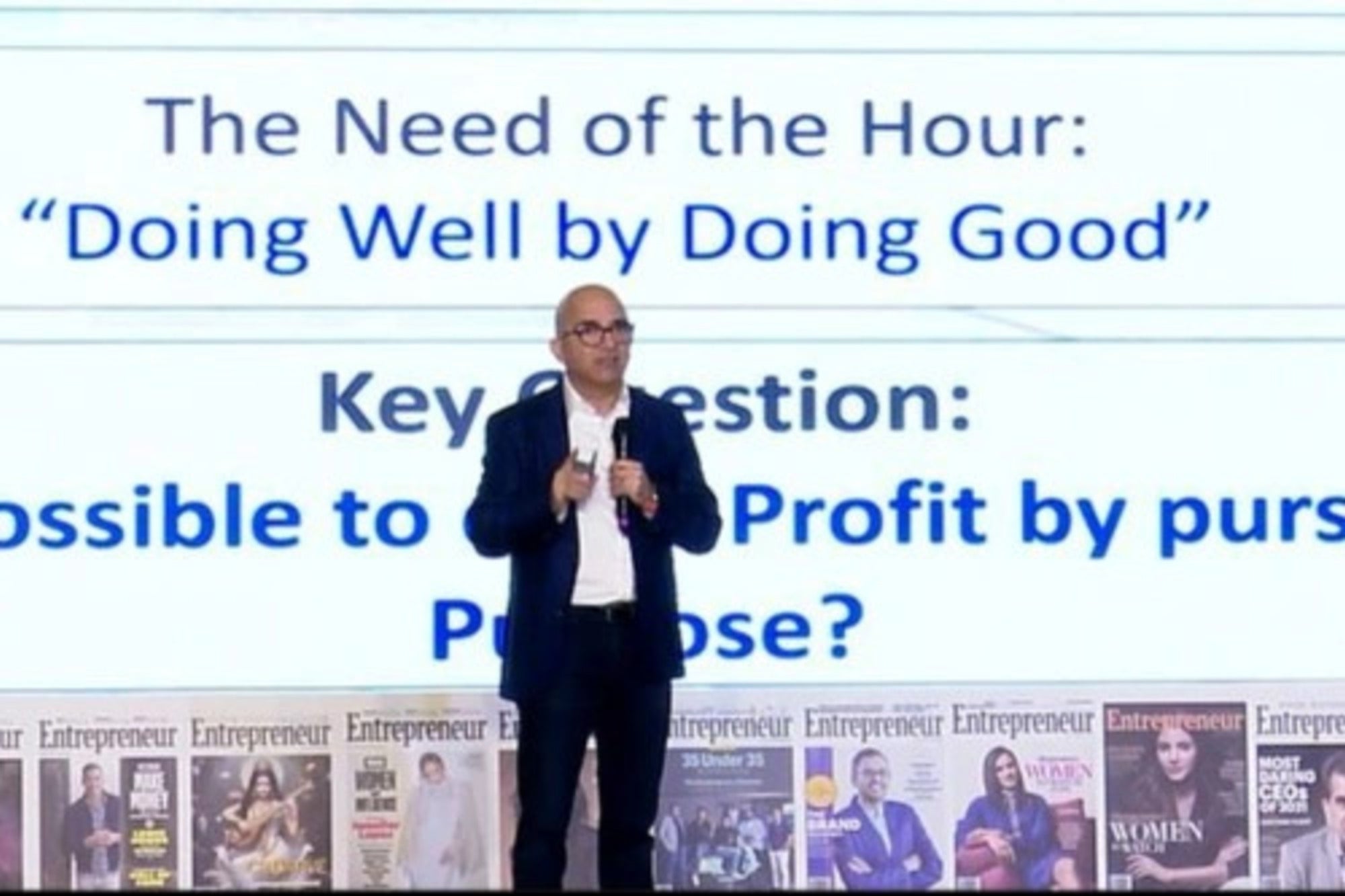Singaporeans can now Pay for their Ride with Go-Jek using DBS Bank's E-wallet Go-Jek has integrated DBS Bank's e-wallet into its platform to drive cashless mobile payments for consumers in Singapore,
Opinions expressed by Entrepreneur contributors are their own.
You're reading Entrepreneur Asia Pacific, an international franchise of Entrepreneur Media.

Ride-hailing rivals, Go-Jek and Grab, are on a toe-to-toe competition in a bid to become the best super app in the Southeast Asia. In the latest, Indonesia-headquartered Go-Jek has integrated DBS Bank's e-wallet into its platform to drive cashless mobile payments for consumers in Singapore, as the player looks at giving a stiff competition to Grab, which started its payments' service in the country two years back.
DBS Bank and Go-Jek entered into a regional strategic partnership last year in August, just three months before the ride-hailing unicorn entered into Singapore. It is currently providing only its taxi booking service in Singapore.
Through the latest partnership, the ride-hailing unicorn Go-Jek hopes to up its position in Singapore's digital payments' sector, which according to February report by a research firm Statista is expected to grow at a compound annual growth rate (CAGR) of 11.7 per cent to reach US$19,192 million by 2023.
DBS Bank offers an e-wallet app called DBS Paylah!, which allows its customers to perform fund transfers using his/her mobile phones. DBS PayLah has now been integrated within Go-Jek's Singapore app to allow consumers to choose the e-wallet as a preferred payment option to pay for the ride.
"This is the latest benefit that we are bringing to our users in partnership with DBS, and will not be the last," DBS statement cited Go-Jek's Singapore general manager, Lien Choong Luen, as saying. According to DBS, the bank has more than one million users using DBS Paylah!, with close to 80,000 merchants in Singapore.
Further, DBS and Go-Jek are also exploring collaboration opportunities in Indonesia. According to DBS, the bank is already providing mobile banking to small-and-medium enterprises (SMEs) and corporate banking across 13 cities in Indonesia, with more than 460,000 customers. Indonesia was ranked among the top countries in the Asia Pacific region having the highest number of internet users in the Mary Meekers' recently published Internet Trends 2019.
Go-Jek's Fintech Expansion
Launched in 2010, Go-Jek counts Tencent Holdings, Alphabet Inc's Google and Temasek Holdings as investors, and is currently present across 204 cities and regions spread across five Southeast Asian countries, including Indonesia, Singapore, Thailand, and Vietnam. According to Techcrunch, Go-Jek 's current valuation is just shy of the US$10 billion mark.
The company launched its digital payments service – Go-Pay – in 2016. Go-Jek maintains that about 35% of its daily ride-hailing transactions are paid for in cash. It recorded an annual gross transaction value (GTV) of US$9 billion in 2018, primarily from transactions in Southeast Asia, Go-Jek's India managing director Sidu Ponnappa told Livemint at a time of company's latest acquisition of Bengaluru-headquartered Artificial Intelligence (AI)-driven recruitment platform, AirCTO.
As part of its fintech expansion, Go-Jek has long been indulged in the merger and acquisitions of several fintech start-ups. In 2017, the company acquired payments service providers Kartuku, Midtrans and Mapan.
Go-Jek's super app is widely popular in Indonesia, catering to several on-demand consumer services such as ordering of food, grocery delivery, etc.Last month, Go-Jek's top executive had reportedly announced the company's plan to invest about US$500 million to expand its Indonesian super app services to Singapore, Vietnam, Thailand and the Philippines. It faced flak in the Philippines earliler as the regulators rejected its application to roll out its ride-hailing service in Manila, the capital city of the country, for failing to meet the criteria related to foreign ownership.
Undeterred to penetrate into the Philippines, Go-Jek has acquired the country's fintech startup, Coins.ph, although the deal is yet to be officially disclosed.
Meanwhile, Grab has partnered with United Overseas Bank (UOB) to deliver financial services to its user base in Singapore. The company has also collaborated with Citibank to roll-out Citi-Grab co-branded cards in the Philippines, as well as in Thailand later this year.













